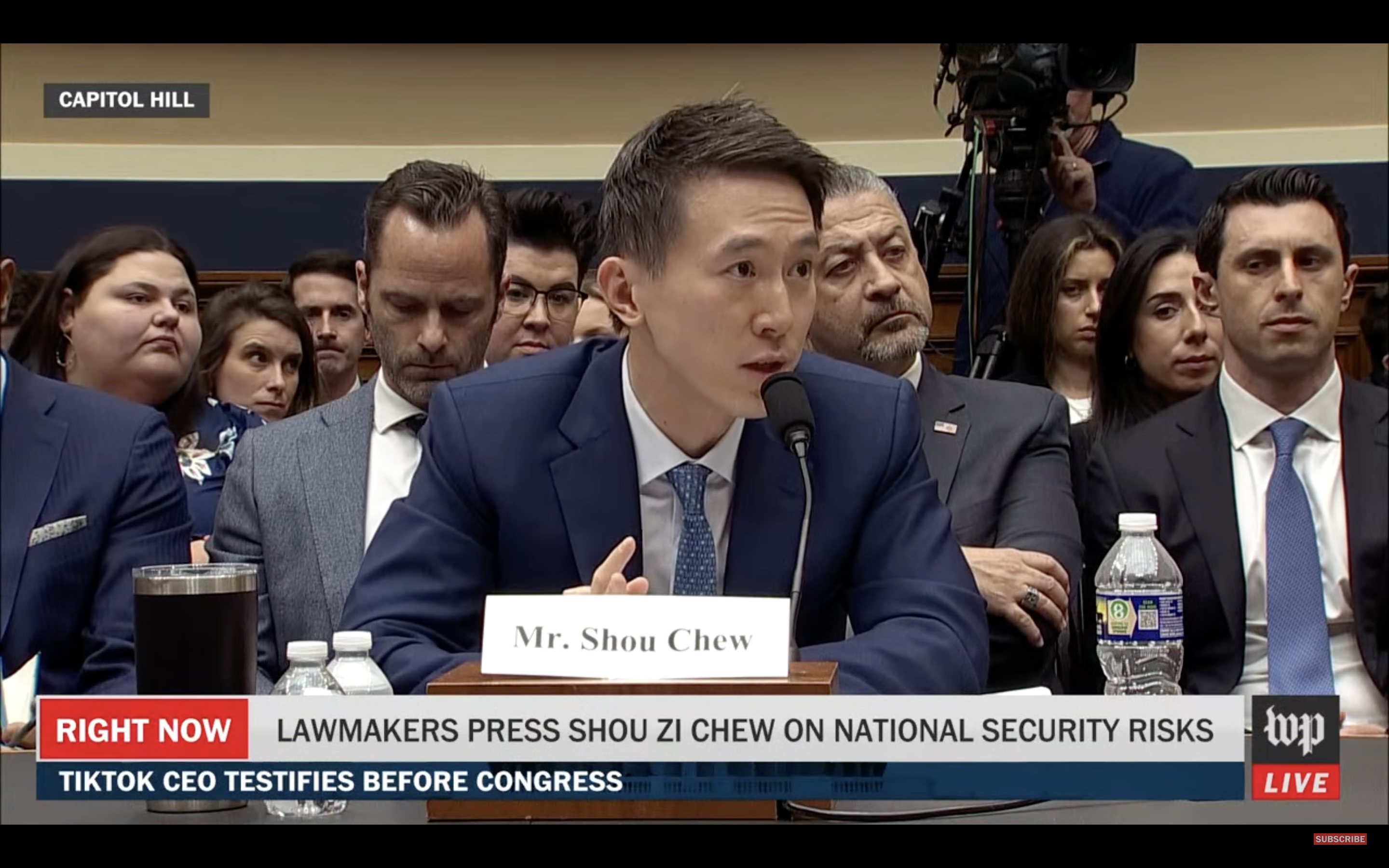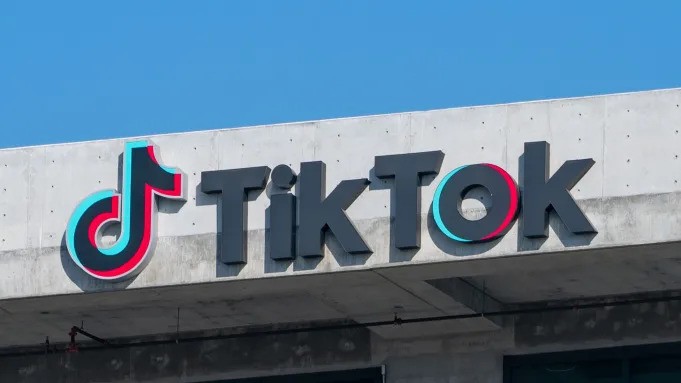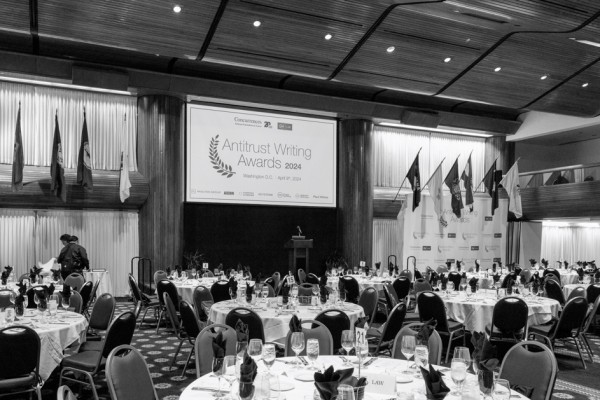CEO Shou Zi Chew says the company will never share U.S. user data with China.
On Thursday, March 23, TikTok CEO Shou Zi Chew appeared before a committee of the U.S. House of Representatives and testified in defense of his company. During the hearing, which lasted for more than five hours, TikTok's CEO was heavily criticized by U.S. lawmakers.
The hearings are taking place amid growing concerns over the "Chinese threat" in American society, and this has a significant impact on the process, says Maria Belyaeva, an expert at the BRICS Competition Centre. Shou Zi Chew demonstrates a great openness and willingness to meet and seek compromises, but constantly faces obstacles related to politicization of technical issues - he has to justify himself for the fact that Bytedance's parent company is in China and for his Chinese origins.
In his opening remarks, Chew attempted to stress TikTok’s independence from China and played up its US ties.
“TikTok itself is not available in mainland China, we’re headquarterd in Los Angeles and Singapore, and we have 7,000 employees in the U.S. today,”
he said, also noting that the social network has 150 million active users in the U.S.
Congressmen questioned Shou Zi Chew about TikTok's impact on young people and privacy issues. According to Democratic ranking member of the committee Rep. Frank Pallone, research has found that “TikTok’s algorithms recommend videos to teens that create and exacerbate feelings of emotional distress, including videos promoting suicide, self-harm and eating disorders.”
In particular, TikTok was accused of promoting a “blackout challenge” that killed a 10-year-old girl from Pennsylvania. The service was accused of posting such content directly in recommendations. Republican Rep. Gus Bilirakis of Florida also pointed out that there is a lack of adequate content moderation, which leaves room for kids to be exposed to content that promotes self harm.

When asked about TikTok's data collection practices, the company's CEO said that the data the social network collects is data “that’s frequently collected by many other companies in our industry.” This is also according to cybersecurity researchers and investigations by The Washington Post 2020 and the University of Toronto's Citizen Lab. Shou Zi Chew even cited a Citizen Lab report claiming that no connection between TikTok data and the Chinese government was found.
However, as TechCrunch notes, the Citizen Lab director responded to the statement with criticism on Twitter. According to him, the results of the report were misinterpreted. The report found that the researchers had “no visibility into what happened to user data once it was collected and transmitted back to TikTok’s servers.”
“Although we had no way to determine whether or not it had happened, we even speculated about possible mechanisms through which the Chinese government might use unconventional techniques to obtain TikTok user data via pressure on ByteDance,”
wrote Citizen Lab director.
The report also surfaced concerns that TikTok has some dormant code originally written for Douyin, the Chinese version of TikTok.
When asked if any ByteDance employee in China could currently access U.S. user data, the Tik`tok CEO said:
“After Project Texas is done, the answer is no.”
The plan, called Project Texas, assumes that U.S. users' data will be stored in the United States. TikTok said that Project Texas is already in action but to complete it, data from TikTok servers in Singapore and Virginia have yet to be deleted, a process it began last week.The data on those servers is the kind that could theoretically still be accessed by China-based ByteDance employees for the time being.
Maria Belyaeva recalls that TikTok has repeatedly stated publicly that it does not hand over data to the Chinese government and has never received such requests.
"At the hearing, Shou Zi Chew explicitly reiterated his willingness to create transparent mechanisms for source code verification. If the measures offered by Project Texas seem insufficient, it seems logical to offer their own package of relevant and sufficient actions, rather than forcing TikTok to endlessly distance itself from its origins. The situation is somewhat reminiscent of the HFCAA negotiations on auditing company accounts, when PCAOB Chair Erica Williams bluntly stated, "Access to the U.S. capital markets is a privilege. It's not a right." The balance of power is just as deliberately unequal now."
Hours before Shou Zi Chew's speech to Congress, it became known that Beijing would strongly oppose any forced sale of TikTok. Earlier, U.S. officials demanded that China's Bytedance sell assets related to TikTok, which it owns, under the threat of banning the social network's operations in the United States.
Late last year, the U.S. Congress approved a bill banning the use of the TikTok social network on federal government phones and electronic devices. American lawmakers plan to consider a bill that would allow the President of the United States to ban the application altogether.
The potential ban has raised concerns from the American Civil Liberties Union: as they write in a letter of protest, "this would have profound implications for our constitutional right to free speech" and "would violate our right to freedom of expression" on the Internet around the world, Maria Belyaeva emphasizes.
A total of thirteen U.S. states have already taken action against TikTok, which is owned by ByteDance, a company based in China.
According to U.S. authorities, the Chinese government could use the Chinese app to collect data from American users.
Sources: CNN, CNBC, TechCrunch




